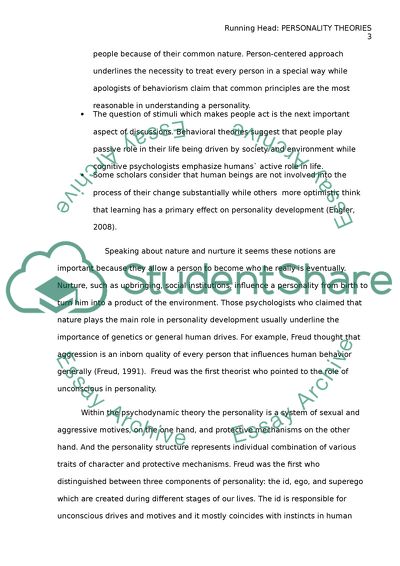Cite this document
(The Idea of Personality Development Literature review, n.d.)
The Idea of Personality Development Literature review. https://studentshare.org/psychology/1846146-analysis-paper-assignment
The Idea of Personality Development Literature review. https://studentshare.org/psychology/1846146-analysis-paper-assignment
(The Idea of Personality Development Literature Review)
The Idea of Personality Development Literature Review. https://studentshare.org/psychology/1846146-analysis-paper-assignment.
The Idea of Personality Development Literature Review. https://studentshare.org/psychology/1846146-analysis-paper-assignment.
“The Idea of Personality Development Literature Review”. https://studentshare.org/psychology/1846146-analysis-paper-assignment.


